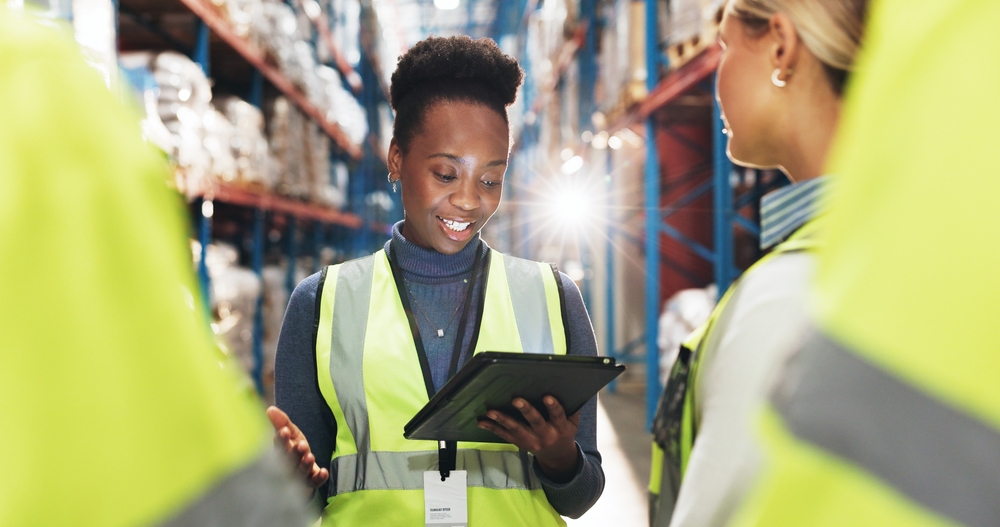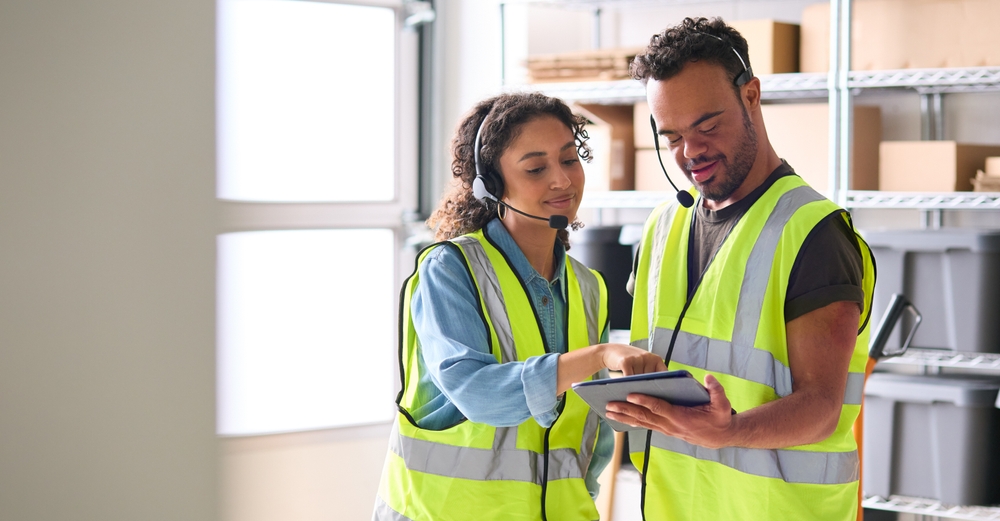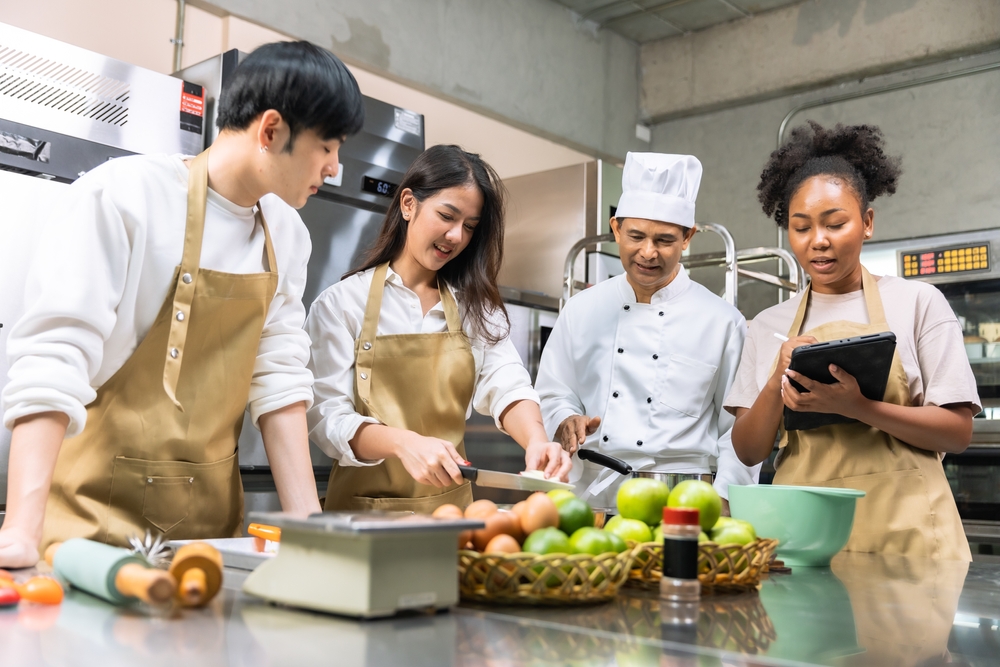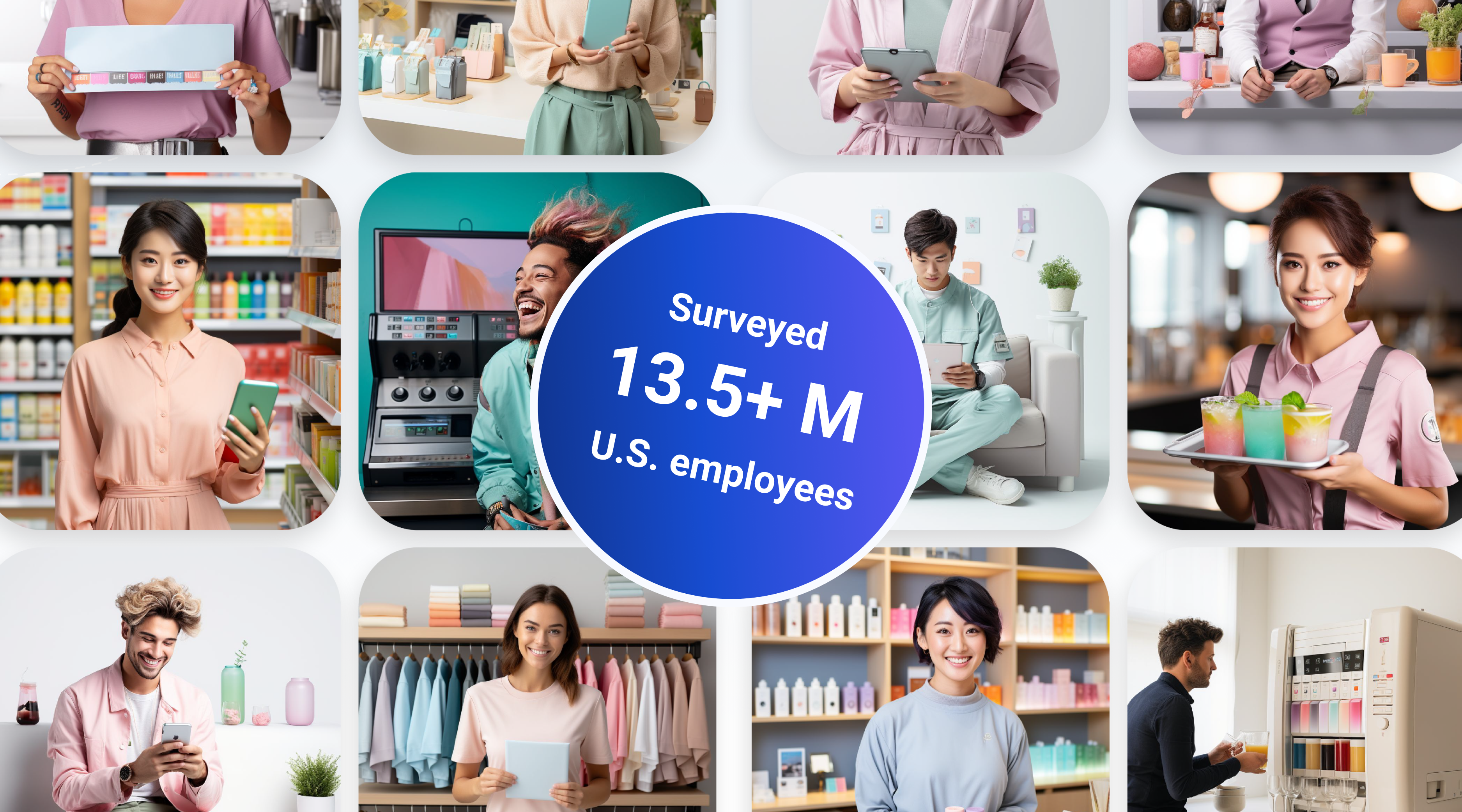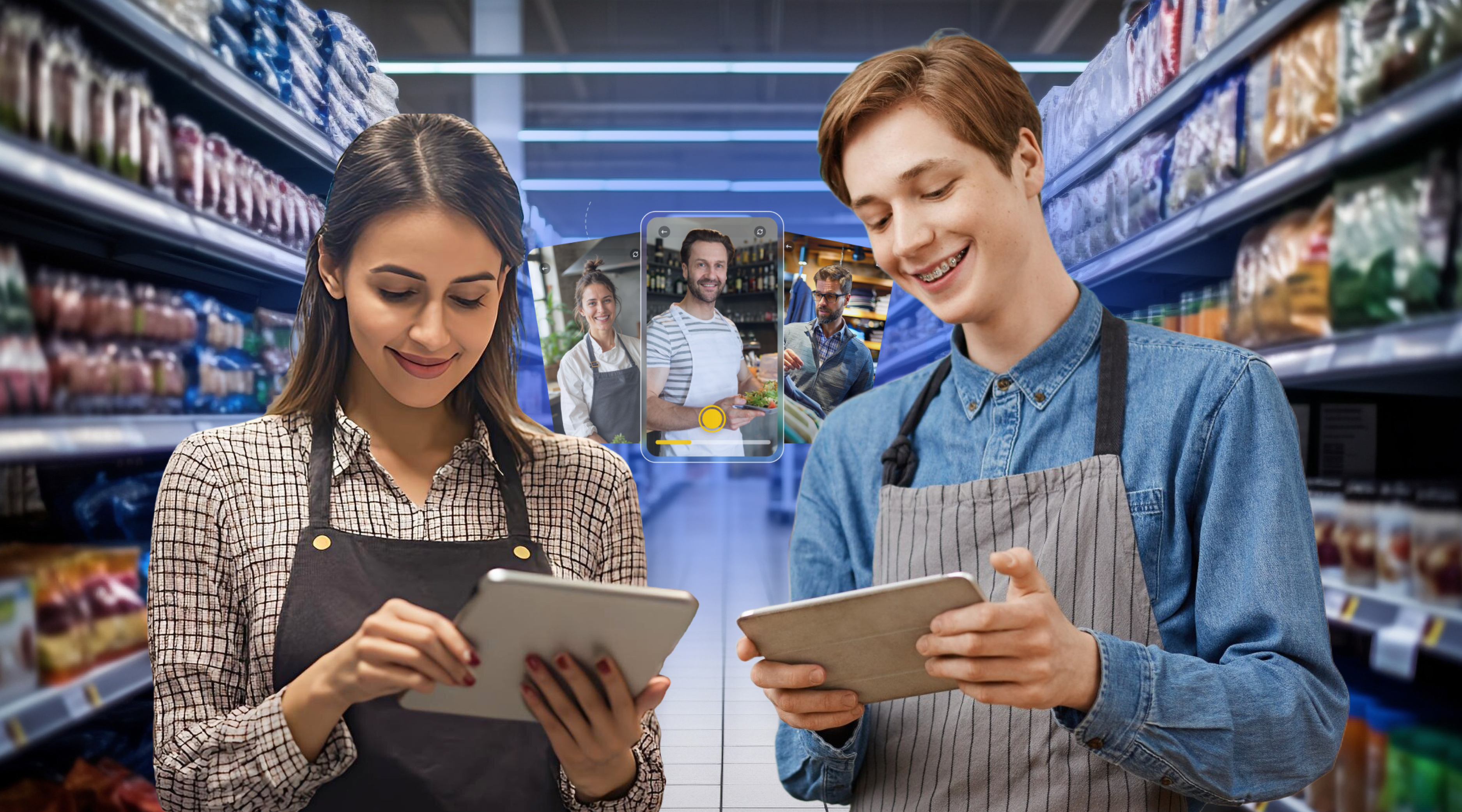Training tools for restaurant employees make learning effective and fun. Additionally, you can personalize your materials easily and leverage several resources to increase engagement. As a result, your learners grasp concepts quickly and retain information for a long time.
In the hospitality industry, effective staff training has evolved far beyond traditional paper manuals and sporadic face-to-face sessions. With restaurant employee turnover rates climbing, operators need sophisticated training tools that engage modern workers while ensuring consistent service standards. The rise of digital learning platforms, gamification, and mobile-first training solutions is revolutionizing how restaurants, cafes, and catering businesses develop their teams.
Digital learning management systems for food service staff
Learning Management Systems (LMS) have become the cornerstone of modern restaurant training, offering centralized platforms that deliver consistent, scalable education across all locations. Leading restaurant-specific platforms like Bites provide mobile-first experiences designed for the fast-paced hospitality environment. Bites skips cumbersome steps such as downloading mobile apps and delivers role-specific video coursework. This microlearning platform also allows staff to learn on the go and select their preferred training language. Additionally, managers can track progress remotely.
Your LMS addresses the critical need for flexibility and allows for customized training, such as onboarding for new hires, and ongoing company-wide updates.
The appeal of digital platforms extends beyond convenience. Research indicates that online learning increases retention rates by 25-60% compared to traditional classroom settings, a crucial advantage in an industry where employee performance directly impacts customer satisfaction.
Traditional tools enhanced by technology
While digital solutions dominate modern training strategies, traditional materials remain valuable when enhanced by technology. Training manuals, once static documents, now integrate with digital platforms as interactive resources. Checklists have evolved into digital formats that provide real-time accountability and insights into completed tasks across multiple locations.
Along with video training programs, these visual resources work exceptionally well for showcasing proper food handling techniques, customer interaction protocols, and equipment operation procedures. Simulation software provides hands-on experience in controlled environments, allowing employees to practice scenarios without real-world consequences.
Gamification and interactive learning
Integrated gaming elements in restaurant training have proven remarkably effective at capturing attention and improving knowledge retention. Modern platforms can incorporate video game-style simulations, badge systems, and competitive leaderboards that transform learning into an enjoyable experience. Interactive quizzes and multimedia content keep employees engaged while providing immediate feedback on their progress.
Specialized training for critical areas
- Food safety and compliance training: Restaurant operations face stringent health and safety regulations requiring specialized training tools. Platforms must address HACCP protocols, FDA regulations, and local food safety laws through comprehensive modules. Certification management systems automatically track completion dates and send renewal alerts, preventing costly compliance violations. These tools ensure all staff understand proper food storage, hygiene practices, and temperature control procedures.
- Customer service excellence: Effective customer service training tools focus on professional guest interaction techniques and problem-solving skills. Role-playing exercises simulate real-world scenarios, from handling complaints to accommodating dietary restrictions. Sales training components help servers understand upselling strategies that increase check averages while genuinely enhancing the dining experience.
- Technology integration training: Modern restaurants rely heavily on technology, requiring staff training on POS systems, reservation platforms, table management software, and mobile ordering applications. Training tools must keep pace with technological advancement, including contactless payment systems and self-ordering kiosks, which are becoming increasingly common.
Catering-specific considerations
Catering operations require specialized training tools that address unique challenges, such as off-site event management, large-scale food preparation, and client relationship management. Professional development programs focus on the foundations of catering business operations, including event coordination, menu planning for various venues, and maintaining quality standards during transportation and setup.
Training platforms for catering must address the complexity of managing multiple events simultaneously while ensuring consistent service quality. This includes specialized modules on equipment handling, timeline management, and client communication protocols that differ significantly from traditional restaurant service.
Implementation strategies for maximum impact
The most effective food service training utilizes blended learning approaches that combine digital efficiency with hands-on experience. Mobile accessibility ensures training can occur during downtime, while real-time analytics help managers identify knowledge gaps and adjust programs accordingly.
With Bites, you’re ready to go immediately. Avoid lengthy onboarding or complicated setups. Your restaurant staff doesn’t need to log in or download any app. You can share your content directly through the channels they already use.
Measuring success and continuous improvement
Modern training tools must include robust assessment capabilities that track progress, measure engagement, and identify areas needing improvement. Real-time feedback systems allow immediate course corrections, while analytics dashboards provide insights into training effectiveness across different locations and roles.
Employee feedback mechanisms, including end-of-training surveys and ongoing performance evaluations, ensure training programs remain relevant and effective. The best platforms automatically update content to reflect changing regulations, new menu items, and evolving industry best practices.
Conclusion
The evolution of restaurant training tools reflects broader changes in workforce expectations and technological capabilities. While traditional methods retain value, digital platforms, gamification, and mobile-first approaches have become essential for engaging modern employees and ensuring consistent service standards. By combining innovative training tools with proven methodologies, restaurants, cafes, and catering operations can build skilled, confident teams capable of delivering exceptional dining experiences while reducing turnover and improving operational efficiency.
Don’t be shy, take a Bite!
Imagine your team scrolling through training in just a few days, like it’s the latest dance trend on TikTok.






